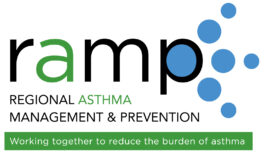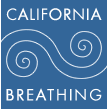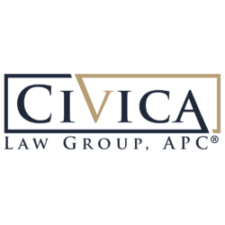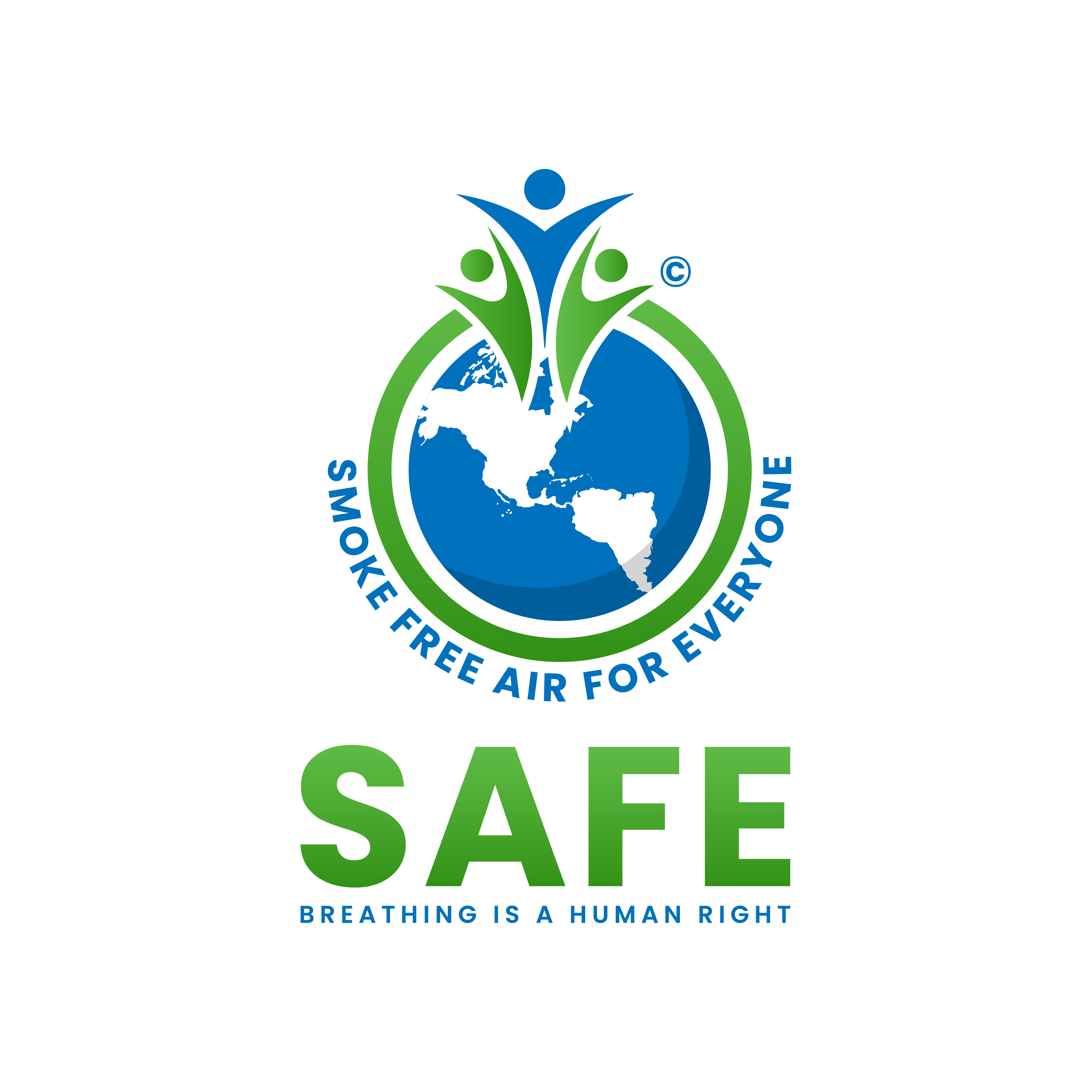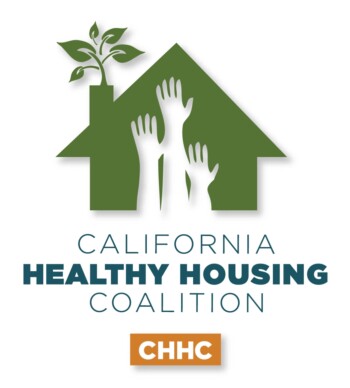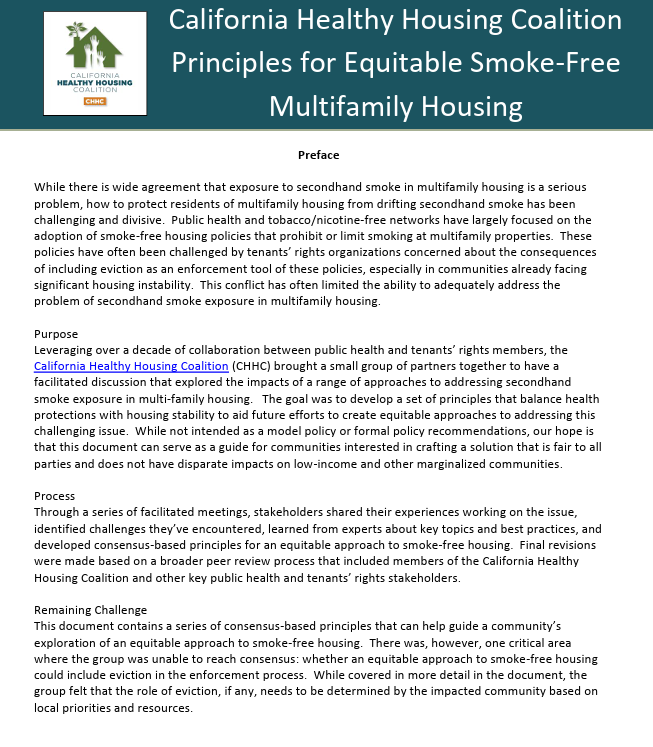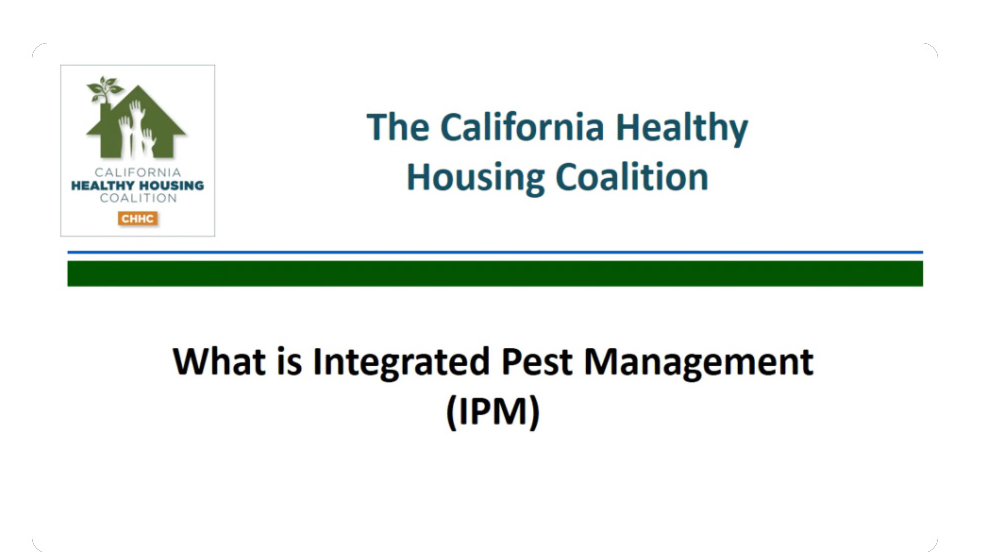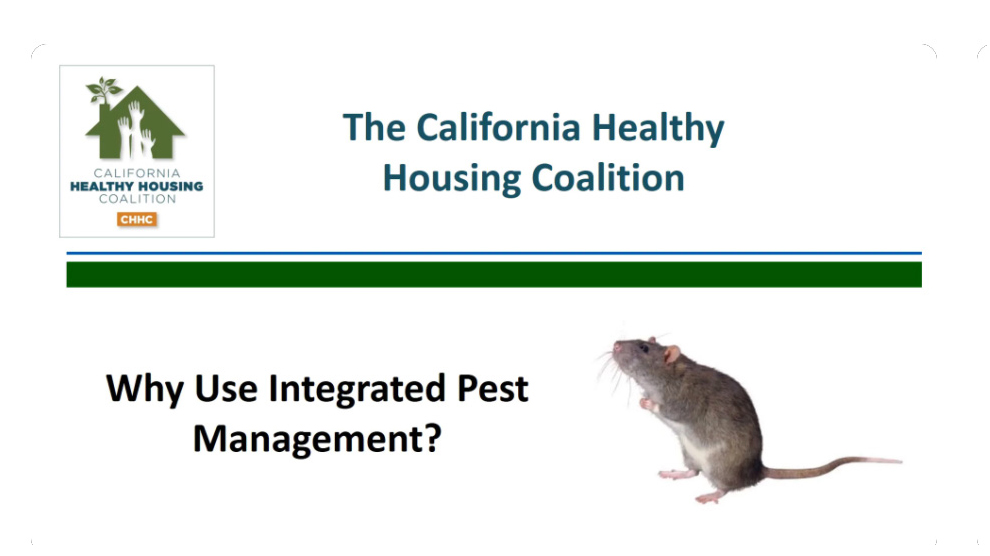2025 CHHC Annual Meeting A Success
We’d like to thank CHHC members and our event sponsors for another successful annual meeting. This year members gathered in Los Angeles on February 27th and 28th for its 2025 Annual Meeting. Being surrounded by the aftermath of LA’s devastating wildfires was a visceral reminder of the importance of our work to support struggling families and to ensure Californians live in healthy, climate resilient housing. We were honored to have Coronado Terrazas Cross from Senator Maria Elena Durazo‘s office open our meeting with an inspiring message about the critical role of healthy and affordable housing with strong tenant protections in the state and the importance this work will have during wildfire recovery efforts.
The meeting combined a series of presentations on land-use, race and equity, extreme heat, rural code enforcement, and aging in place with peer-to-peer discussions on workgroup priorities and effectively adapting to federal policy changes. In addition to coalition business, we took the in-person time to connect, network, and celebrate our accomplishments, including presenting CHHC’s first ever Healthy Housing Hero Award to retiring Steering Committee Member, Larry Brooks from the Alameda County Healthy Homes Department.
As always, our one in-person meeting of the year generates a lot of energy, builds and strengthens relationships, and sets the stage for our work together throughout the year. Read more about our event here.
Title Sponsors:
4Leaf Inc.
Green and Healthy Homes Initiative
Regional Asthma Management and Prevention
Health Housing Champions:
California Breathing (CDPH)
Civica Law Group
Inquilinos Unidos
Tenants Together
Healthy Housing Advocate:
Women Leaders in Code Enforcement
Healthy Housing Partner:
Smokefree Air for Everyone
The California Healthy Housing Coalition’s mission is to provide leadership to ensure safe and healthy housing for all Californians, with a focus on low-income communities and communities of color.
The coalition’s diverse membership, including housing rights and social justice organizations, public health advocates, local, state, and federal government agencies, and other experts on housing, indoor air quality, and health, comes together to provide resources, expertise, and advocacy for statewide policies to promote and protect healthy housing for all.
IAQ Webinar Series
Last year, CHHC’s Indoor Air Quality (IAQ) workgroup hosted a webinar series for tenant-serving organizations. These webinars served as introductions to common indoor air quality issues with practical advice on what tenants can do to address and prevent them (pest infestations and secondhand smoke, mold and lead, and ventilation/air filtration and tenants’ rights).
The workgroup kicked off their series for 2024 with a session on wildfire smoke (see recording here). In this session, Irena Pavlovic with the US EPA provided an overview of the health impacts associated with exposure to wildfire smoke and tips on creating “clean rooms” and other strategies to minimize exposure during wildfire events. That was followed by a webinar with more in-depth information about pest prevention strategies and the use of integrated pest management (IPM). Dr. Andrew Sutherland from UC IPM described how to identify pests in the home and offered strategies to prevent infestations by eliminating entry points into the building and limiting access to food, water, and places to hide (see recording here). Our final webinar of the year included an overview of how outdoor air quality can impact indoor air and how to find and understand local outdoor air quality data by Chantal Lee and Stella Cook with the US EPA and guidance on selecting air cleaning devices by Anne Lamb with RAMP (the recording in available below).
Healthy Housing Resource
Principles for Equitable Smoke-Free Multi-Family Housing
While there is wide agreement that exposure to secondhand smoke in multifamily housing is a serious problem, how to protect residents of multifamily housing from drifting secondhand smoke has been challenging and divisive. Leveraging over a decade of collaboration between public health and tenants’ rights members, CHHC brought a small group of partners together to have a facilitated discussion that explored the impacts of a range of approaches to addressing secondhand smoke exposure in multi-family housing. The result was a set of consensus-based Principles for Equitable Smoke-Free Multifamily Housing that attempts to balance health protections with housing stability to aid future efforts to create equitable approaches to addressing this challenging issue.
Priorities
CHHC members address healthy housing from multiple perspectives. As a result, the coalition’s priorities represent a comprehensive approach towards achieving healthy housing for all. CHHC organizes itself into three workgroups focused on the following priorities:
Habitability
Combat substandard housing conditions affecting many low-income renters, such as pest infestations and mold.
Indoor Air Quality
Reduce exposure to contaminants in the home, including pesticides, tobacco smoke, and outdoor pollution.
Lead Poisoning Prevention
Eliminate exposure to lead hazards in the home and improve the identification of and support to lead poisoned children.
Healthy Housing Resource
IPM in Rental Housing
Integrated Pest Management (IPM) is the most effective and least harmful way to address pests. By addressing the root causes of pest problems, IPM serves as a long term solution to pest problems that advoids the costly, routine pesticide applications commonly used in rental housing. To encourage more property owners to adopt IPM and a more effective and healthier alternative to routine spraying on their rental properties, CHHC members members developed a series of short videos to encourage landlords to transition to the use of Integrated Pest Management. Videos include:




